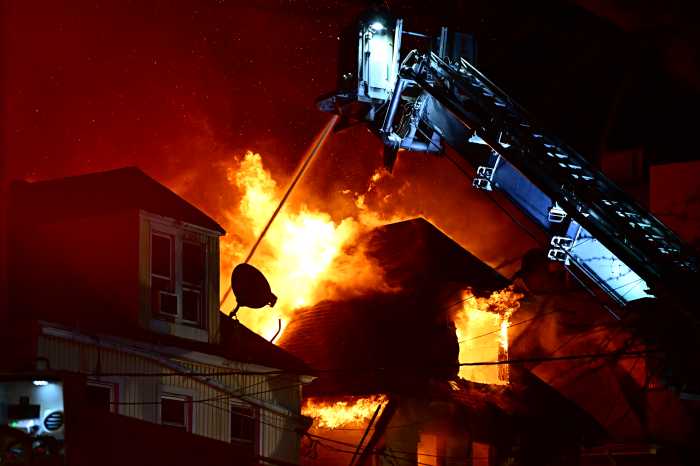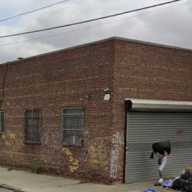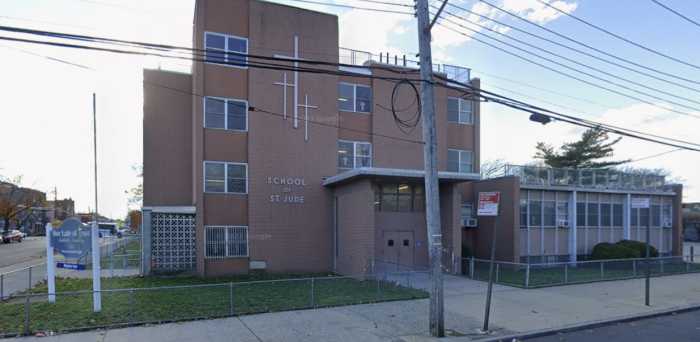Targets Illegal Use Of Public Trash Cans
Seeking to put a lid on local residents and businesses that dump personal trash into public litter baskets, three City Council members are sponsoring a bill to increase the fines for violators caught in the act by the Sanitation Department (DSNY), it was announced.

City Council members Karen Koslowitz, Letitia James, Eric Ulrich and Peter Vallone Jr. gathered in Richmond Hill to announce the introduction of Intro. No. 774, which raises fines across the board for illegally dumping refuse into public trash receptacles commonly found on commercial strips around the city.
First-time violators would be fined $200 if the legislation is passed by the City Council and signed into law by the mayor; currently, the penalty for such an offense is $100.
Thereafter, individuals who are caught illegally depositing trash into public litter baskets for the second time in a 12-month span will be hit with a $500 fine; the penalty increases to $600 if a person is caught breaking the law for the third time in a year.
As with other violations, the sum- monses may be issued by Sanitation Department enforcement officer who observes the offense being committed.
Lawmakers noted that the improper use of public trash baskets has been an ongoing problem in Richmond Hill and other neighborhoods across the city. Last year, the Sanitation Department issued 3,681 summonses across the five boroughs to individuals who were caught dumping household garbage or commercial trash in a DSNY street receptacle.
“This legislation is important in protecting the quality of life for residents and commercials areas alike,” said Koslowitz. “Overflowing garbage pails are a major cause of street pollution that leads to problems such as mice and rats. This bill places steep fines on those who illegally use public pails for their own personal use.”
“The litter baskets on commercial streets throughout my district … are constantly overflowing with garbage because some residents are consistently using them to dump their household trash,” added Ulrich. “Litter belongs in litter baskets. Household trash belongs in an appropriate receptacle on the curb outside your home, on your residential pickup day.”
“Clearly more can be done when it comes to the abuses of our city garbage cans,” said Vallone. “We need to step up enforcement and increase the fine in order to stop these litter pigs from overflowing our garbage cans.”
“As chair of the Sanitation Committee, I support an increase in fines for the dumping of household trash in public trash cans because this ensures healthier communities, and it sends the message that proper use of public receptacles will be enforced,” James added.


































